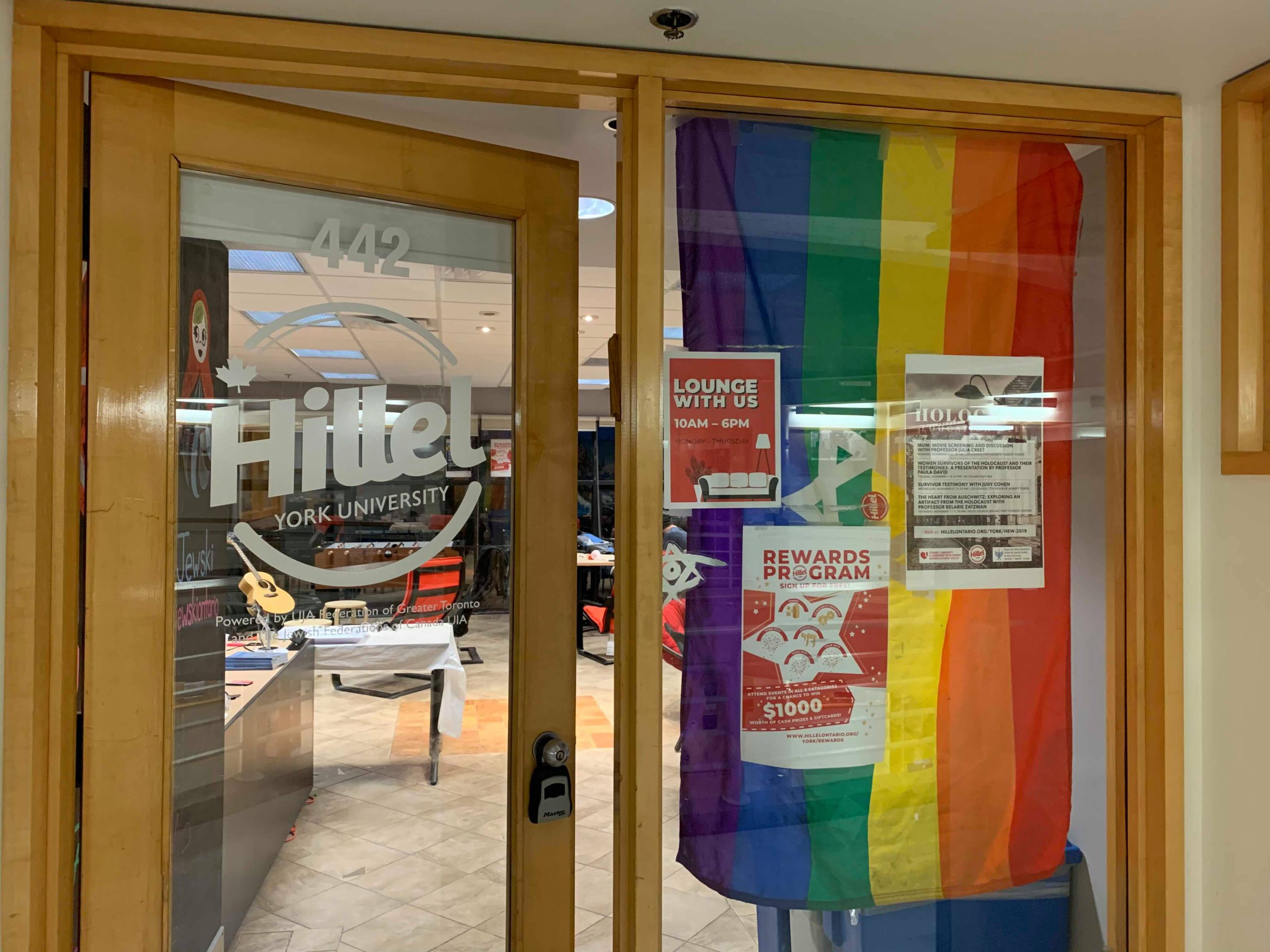Shahroze Rauf | News Editor
Featured Image: Hillel York held many events during Holocaust Education Week this year. | Courtesy of Shahroze Rauf
From deep discussions about the complexities of being a Holocaust survivor to movie screenings and discussions on survivor testimonies, Hillel York held a diverse array of events this year for Holocaust Education Week.
The Holocaust ended in 1945, more than half a century ago, so why are discussions still held? Why is education still needed?
A 2019 study by the Azrieli Foundations and the Conference on Jewish Material Claims Against Germany (Claims Conference) reported that 22 per cent of Canadian millennials have not heard or are unsure of having heard of the Holocaust.
“An alarming 52 per cent of millennials cannot name even one concentration camp or ghetto and 62 per cent of millennials did not know that six million Jews were killed in the Holocaust,” the study summary said.
Chair and CEO of the Azrieli Foundation Naomi Azrieli blames Canada’s education system for the results.
“When we heard about the first Claims Conference study by Schoen in the U.S., we were keen to know how we were doing in Canada. I was shocked and disappointed to see the Canadian results. Clearly there are gaps in our education system that must be filled, because as it stands now, as a society, we are not preparing the next generation to learn from the past,” said Azrieli.
Sixth-year concurrent education student Ilana Lazar says that with the rise in antisemitism, education on the Holocaust is crucial to prevent it from happening again.
“The lessons learned from the Holocaust are unfortunately ringing true with society today. We are seeing an increase in hatred, racism and antisemitism. If we forget about the history and lessons of the Holocaust, we will see another genocide,” says Lazar.
In a piece published on Hillel York’s official website by Lazar, she discussed her personal connection to the Holocaust as a granddaughter of two Holocaust survivors.
“Commemorating the Holocaust is an essential thread in the fabric of my life. Being named after my great aunt, who was murdered in Auschwitz, provides a stark reminder of my history, and serves as a constant reminder of the age-old saying, ‘never forget,’” said Lazar.
Lazar says that looking back at history is important, especially when those traumatic experiences have affected a large demographic. Understanding these concepts will improve the future.
“I was always encouraged to look at my family history and use it as an inspiration for my own identity and future. During Holocaust Education Week, it is most important to recognize the intricacies and experiences of our past to shape what lies ahead. We need to rely on one another, our pasts, and realities to become better people and create a just society,” says Lazar.


